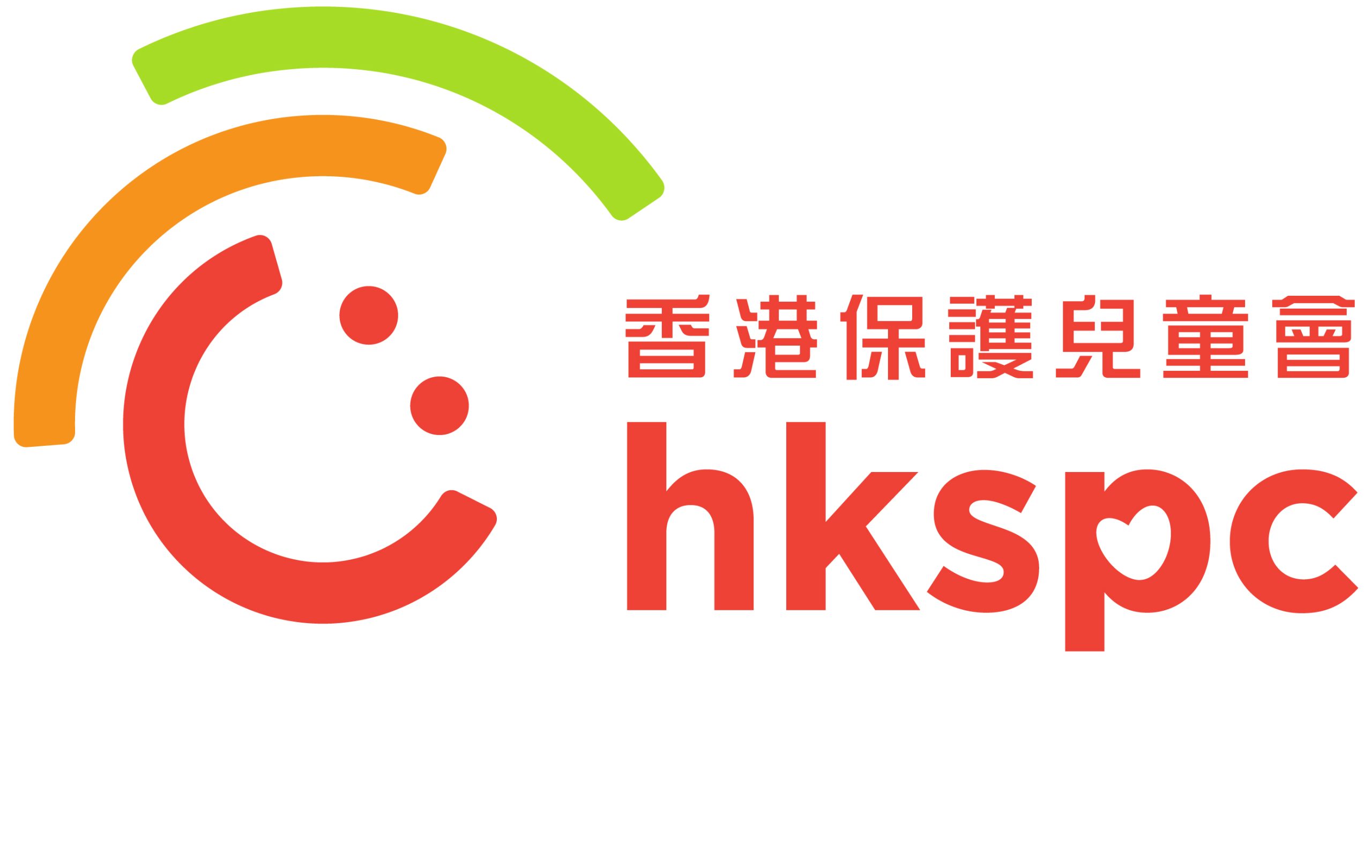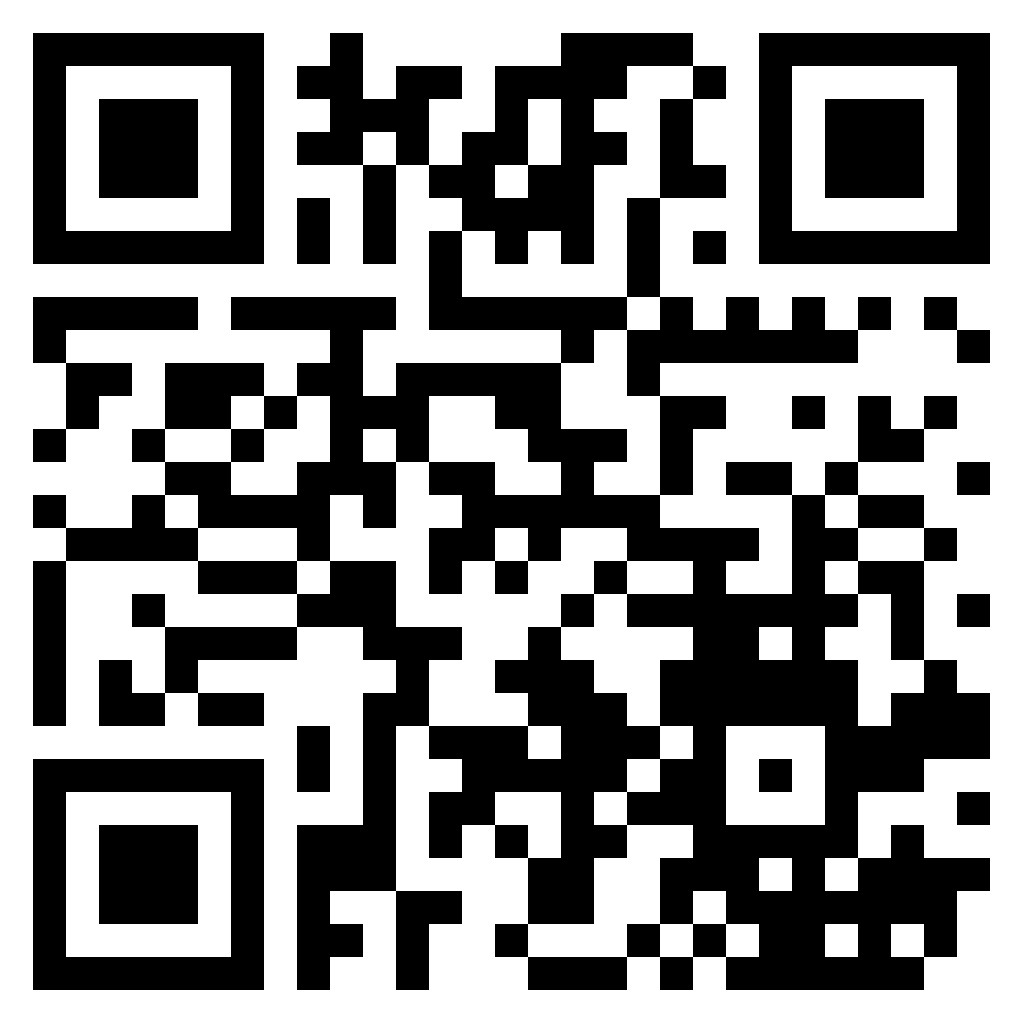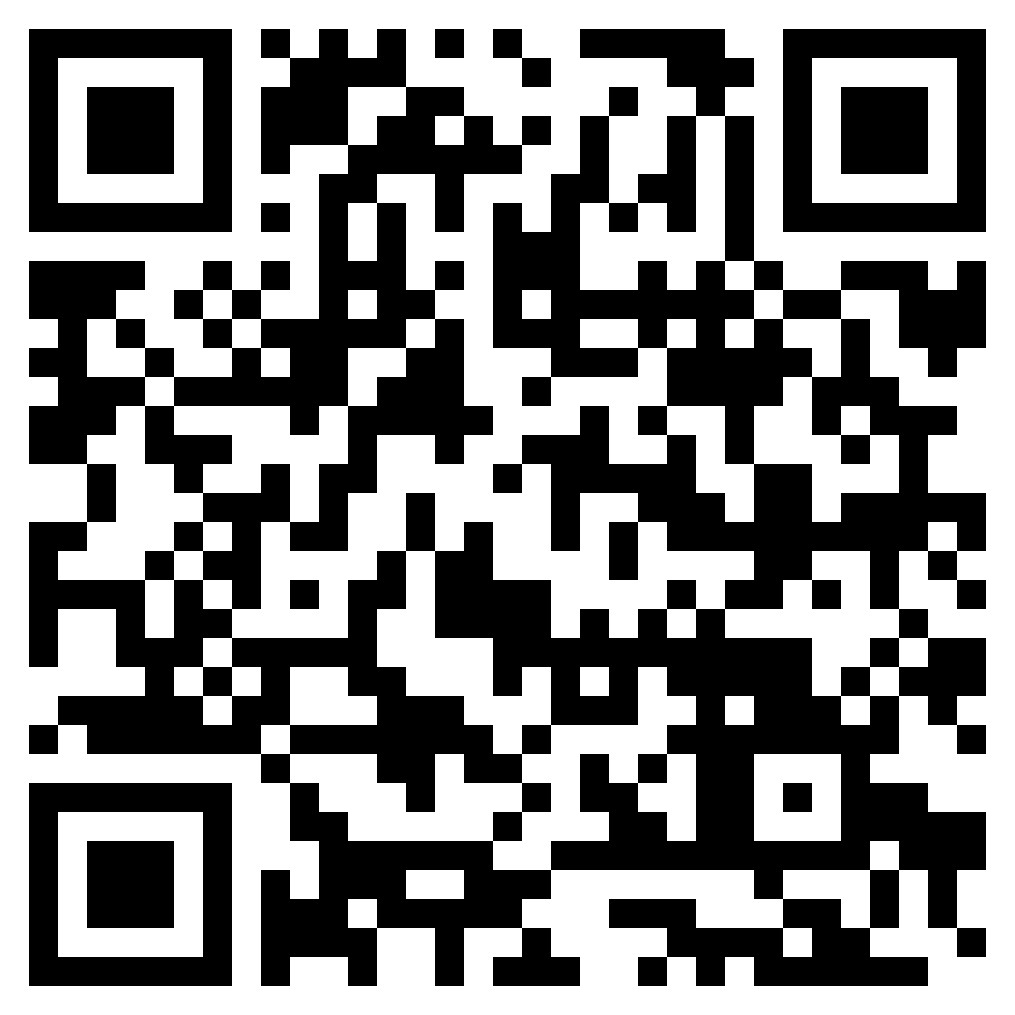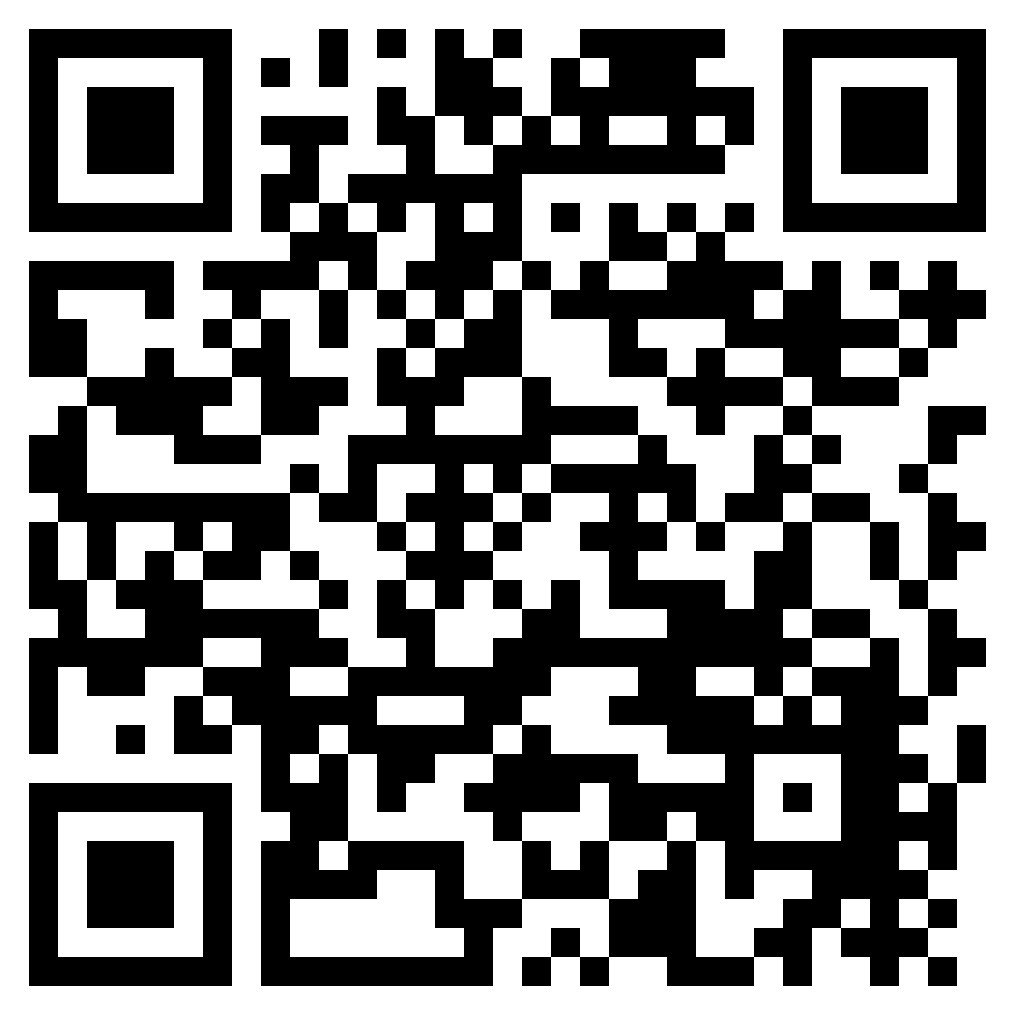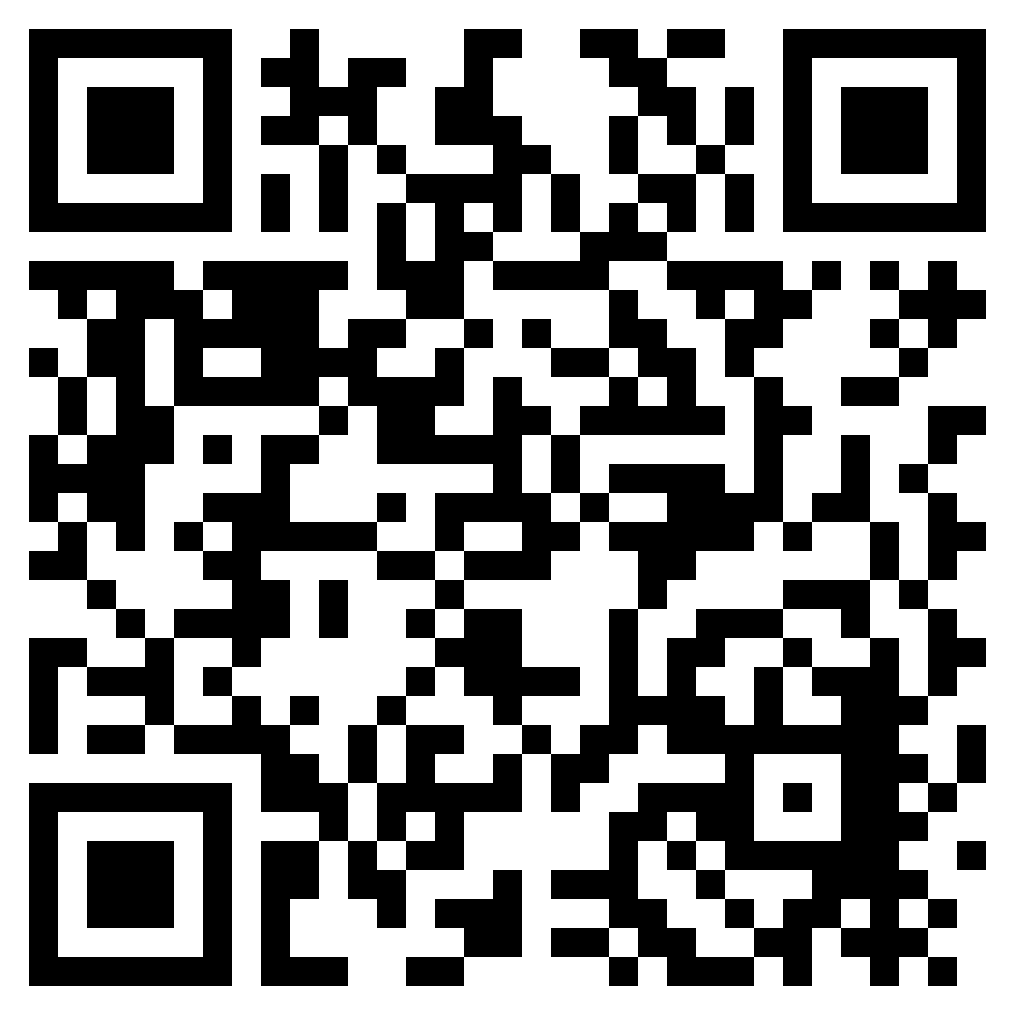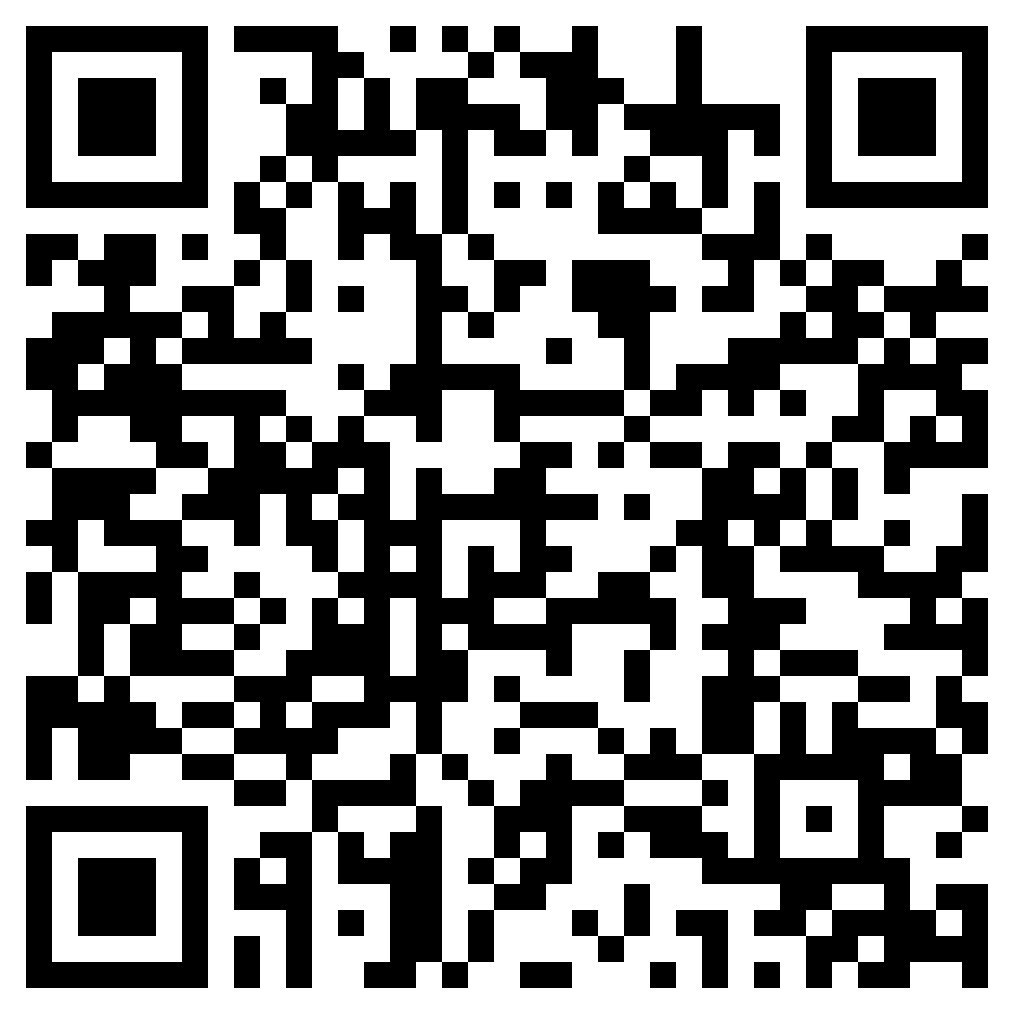Resources for Parents
We attach great importance to home-school cooperation.
We are dedicated to fostering close connections and mutual exchanges with parents persistently through various channels, including face-to-face, small group, or phone meetings before and after school,
as well as open classes, parents’ day, parent volunteers, parent educational activities, school news, and bulletins.
Through these activities, parents can keep abreast of the latest school development and have a better understanding of child growth status and developmental needs in diverse aspects.
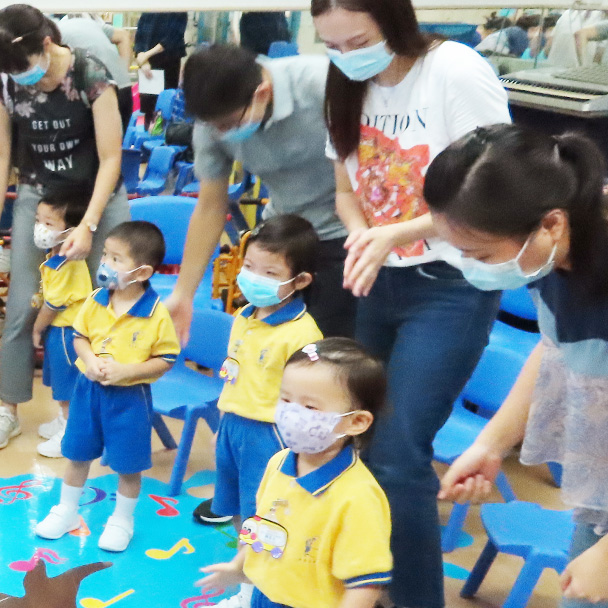
Home-school Communication
Parents’ day: Every year, the school holds parents’ day on which parents meet class teachers and get to know more about our latest development and daily schedules of learning events. Meanwhile, class teachers will have face-to-face meetings with parents individually, and report to them their children’s learning outcomes in various aspects, through which parents will have a better understanding of their children’s learning progress and capabilities.
Parent educational activities: the school holds a broad variety of parent educational activities, including parent seminars, workshops, among others, to introduce to parents various ways of nurturing their children together.
Parent-child on-site activities: A series of activities such as alumni parents’ meetings, parent orientation day, and parent open classes are organised for parents, strengthening home-school collaborations.
Parenting
The school organises small groups and workshops for parents to enhance parent education and parenting skills as well as strengthen their family roles.
A broad variety of parent-child/family activities are also held to provide more time for quality parent-child mutual interactions, encourage parents and children to strengthen positive communications and interactions, and establish a good parent-child relationship.
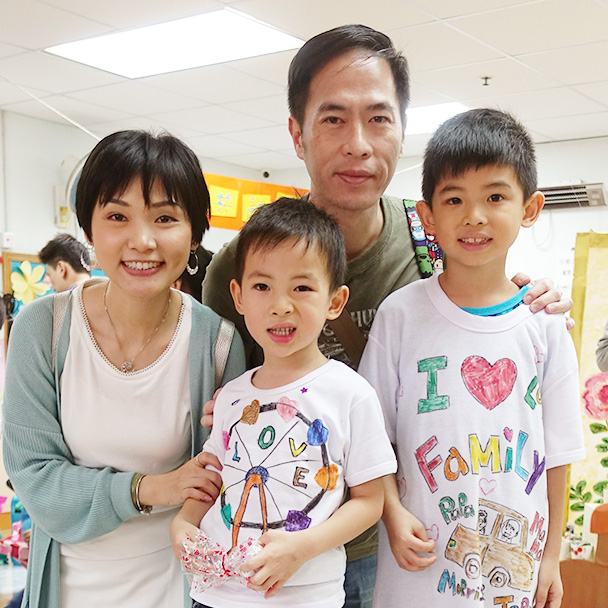
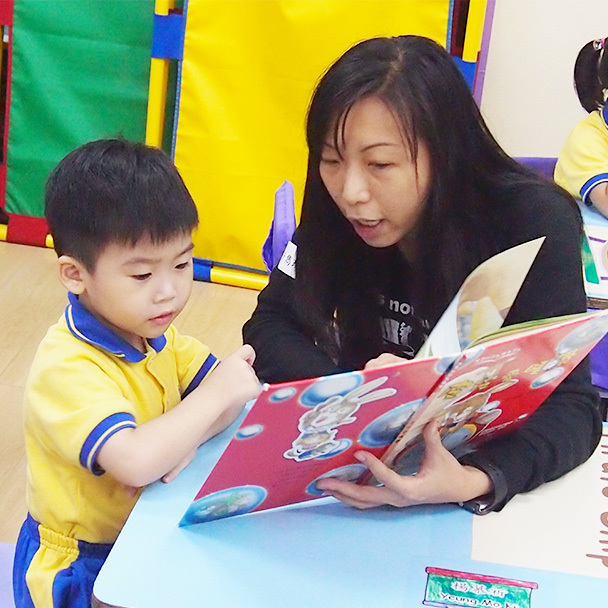
Parent Volunteering
We encourage children to engage in children’s learning and invite parents to participate in acitivites like “Storytelling Parents”, outing, introduction to occupation and cooking.
Smart Parent Net: Children's self-control is nurtured from an early age
Do you want to raise your children to be good children with self-control? Parents need to teach their children the rules to follow and the consequences of their behaviour in daily life. The video provides different examples in daily life for parents to learn how to cultivate their children’s self-control and build up good living habits.
Kindergarten Education Programme - Chinese Culture School Learning Activities
Parent-child Lunar New Year’s Eve Carnival – Lucky Rabbit Welcomes Spring!
Through the “Parent-Child Lunar New Year’s Eve Carnival – Auspicious Rabbit Welcomes Spring”, children can learn about Chinese culture and deepen their understanding of traditional festivals through various Lunar New Year activities and traditional crafts. In this way, children can recognise their Chinese identity. In addition, children learn to respect the culture of their country and nation through traditional rituals, such as knowing that they are Chinese, the meaning of the New Year, i.e., children have to thank their elders for their blessings, and have fun with their families in the New Year celebrations. Finally, through the activities, the message of Chinese culture will be promoted to the children and their parents, so as to pass down the traditional culture to the next generation.
To learn more about the learning programme, please click the right button to browse.
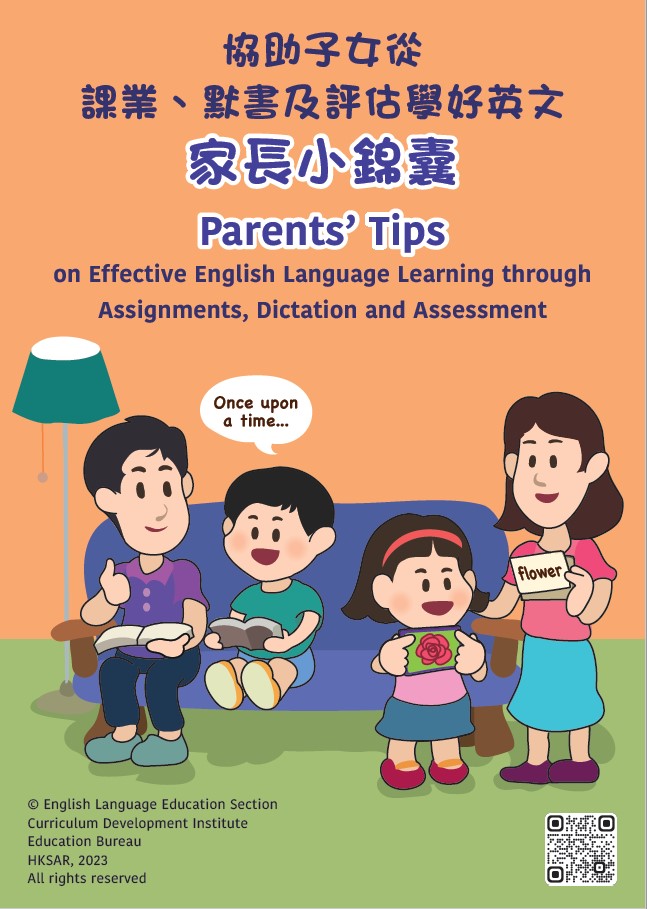
It is, in general, parents’ wish to nurture their children to be competent and successful. Many parents want to help their children learn English better through assignments, dictation and assessment. However,
“Will children’s English learning performance become better if they do more English assignments or get higher marks in dictation?”
“Is it suitable for parents to participate in the assessment of their children’s English learning (e.g. reading aloud)?”
“How do parents learn about their children’s English learning?”
The Curriculum Development Institute of the Education Bureau has developed new online resources, namely a pamphlet entitled “Parents’ Tips on Effective English Language Learning through Assignments, Dictation and Assessment” (“pamphlet”) and a fact sheet on “Understanding the Functions of Assignments, Dictation and Assessment” (“fact sheet”), to provide parents with more tips on helping their children learn English effectively. Through clarifying myths about assignments, dictation and assessment, the pamphlet illustrates how parents can play their role more fully in their children’s learning and how they can help their children learn English well through these three aspects and cultivate in their children ways to develop positive attitudes and habits of active learning, thereby enhancing their children’s self-directed learning capabilities. The fact sheet provides an overview of the functions of assignments, dictation and assessment for students, teachers and parents, so that parents can better support and guide their children.
Parents are encouraged to download the pamphlet and the fact sheet via the following link.
https://www.edb.gov.hk/parents_tips_eng
For other information on English Language learning and the Campaign on “Promoting Positive Values and Attitudes through English Sayings of Wisdom (SOW) 2022/23”, please visit the web page of the English Language Education Section and its web page for the SOW Campaign. Parents are welcome to encourage their children to participate in the SOW activities to enrich their English learning experiences and develop their positive values and attitudes.
English Language Education Section web page
SOW Campaign web page
How to Help Children Overcome Procrastination
Parents are encouraged to visit the website:
https://www.parent.edu.hk/en/article/helpingchild
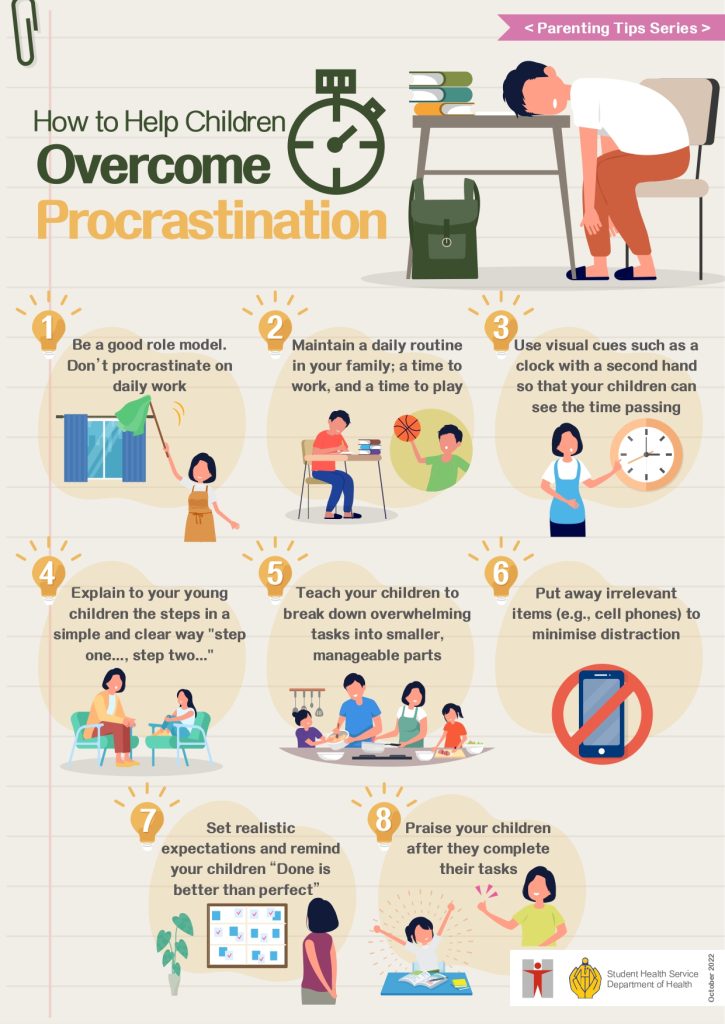
EBD:e-Bulletin for Parents
Parent Seminar on “Let kids go, let kids grow – The art of promoting young children’s self-care skills” (Videos on EDB You Tube Channel) (Conducted in Cantonese)
In fact, self-care skills are indispensable to children’s personal development and school life adaptation. With increased motor and cognitive abilities, young children become more capable to perform numerous everyday tasks by themselves. Parents can adopt various strategies to promote young children’s self-care skills. Nevertheless, some parenting practices may hamper children’s acquisition of self-care skills.
In this connection, the Education Bureau (EDB) has commissioned the Education University of Hong Kong to conduct a parent seminar during which the speaker, Dr. Sum Kwing CHEUNG, will introduce to parents what self-care skills include, and what kinds of self-care skills young children of different ages are expected to demonstrate. The speaker will also help parents understand how to teach young children’s different self-care skills step by step, and how to make use of different play activities to help children practice self-care skills in a fun manner. Finally, the speaker will discuss through case studies, what parents should and should not do in order to motivate young children to master self-care skills by themselves.
In view of the current pandemic situation, the above-mentioned seminar has been recorded and uploaded to the EDB YouTube Channel. The seminar materials, such as links to videos, PowerPoint slides and pamphlet on Tips for Parents, etc. have also been uploaded onto the EDB’s website on “Parent Education Information at Kindergarten Stage”. Parents can browse the website for relevant information via the following QR Code and path :
